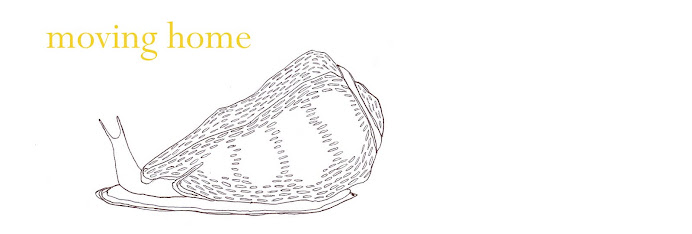
Sidi Ifni is a little city, a good piece down the Moroccan Atlantic coast. It's a tranquil town, hemmed in by rolling desert hills. There is a town beach and a board walk- thick with strollers and flirters by night. Stunning beaches stretch out north of town.
Last year, Sidi Ifni was the site of major uprisings by protesters who were angry about the lack of work. Al-Jizera reported that the army killed several protesters. Moroccan newspapers didn't report any deaths. Later, al-Jizera was band from broadcasting from Morocco. When I was in Sidi Ifni a couple of weeks ago I didn't feel much of the angst that lead to these riots. These are some things I did see.
Beach Talk
AlGizera is a beach 10 km north of Sidi Ifni. Red cliffs turn out into the ocean in big calligraphic swoops. There are abrupt and powerful cliffs that push nearly into the water. But there is constant change in that strength: The packed sand and rock of the desert hills fall off into the water. The cliffs are always shape shifting. If you sit on the small strip of sand you can hear the waves breaking in front of you and off the cliffs behind you. [See pictures below.]
Something about this interaction cracked me up:
I was waiting my turn to climb up and over one of the dinosaur tails that sticks out into the water and down onto the next little strip of sand when a young girl, standing above me, asked if I wanted some help onto the rocks. I said no and hopped up with her. She was laughing and talking to her friends:
girl 1: I asked that foreigner if he wanted some help and he said 'no'.
girls 2 and 3: [laugh]
me: What makes you think I'm a foreigner?
girl 1: [surprised that I was speaking Arabic] Your face
me: really?
girl 1: [hesitates]
girl 2: You're super white
me: Maybe I'm from the Rif Mountains. [some people from the Rif are notably lighter skinned than most Moroccans, some are even redheaded and freckly. Besides, I'm not necessarily lighter skinned than most people in the rest of Morocco- the girls knew I wasn't Moroccan but they couldn't say exactly why they new it.]
girl 1: You're from the Rif?
me: Yep
girl 2: No way
girl 3: Say God ['Allah']
me: God
girls 1, 2, 3: Nope, you're a foreigner, a Christan.
Me: Really?
Girl 1: Are you Muslim?
Me: No
Girl 1: You should become a Muslim then you would be zween*
Me: I'm already zween
Girl 1: Maybe, but you'd be really zween if you were Muslim
me: Ok
Girls 1, 2, 3: byebye
me: bye
I guess I need to work on my pronunciation of the word "Allah."
*[I'm not sure of the best English translation of this word. I have heard: splendid, beautiful, magnificent, good, and, my personal favorite, sweet, as in "dude that's sweet." My friend Jennifer points out that it comes from the Arabic root for decorated.]
Women's Attire
Many of the women in Sidi Ifni wear a style of clothes that are different from the standard cloths (be they jeans and a tee-shirt or jalabas) worn by Moroccan women. They are made from what looks to be a single piece of natural fabric. They flow up from the toes, around the body, over the head and under the chin. They are almost always brightly colored, with loud patterns that sometimes look batiked. They remind me of sea-tube worms with a 90 degree turn at the top.
I didn't realize that my (borrowed) camera was low on battery so the picture below isn't that descriptive. But here are some styles I saw:
-big dark blue dots on a light blue background with little dotted blue squiggles lines connecting them
-Brown blocks with big orange shimmering sunsets surrounding them
-Yellow and orange dotted lines stacked in a wavy pattern: looking like the sand on a sunset beach after the tide has gone out
-light blue/dark blue zebra stripes with black cheetah spots overlaid
-pink and yellow flowers with huge peddles

As I said, I didn't realize that my camera didn't take a charge until I got down to Sidi Ifni. I immediately began trying to conserve battery- knowing I'd want to take pictures on my last day at alGizera. Of course, as soon as I showed up at the beach the camera went dead. I tried to console myself by soaking up the atmosphere and committing impressions to memory and to my journal. But then I noticed that a French woman on the beach had the same camera. I asked her if I could borrow her battery and she obliged. These pictures are from my 10 minutes with a working battery at alGizera- thank you random French lady.







